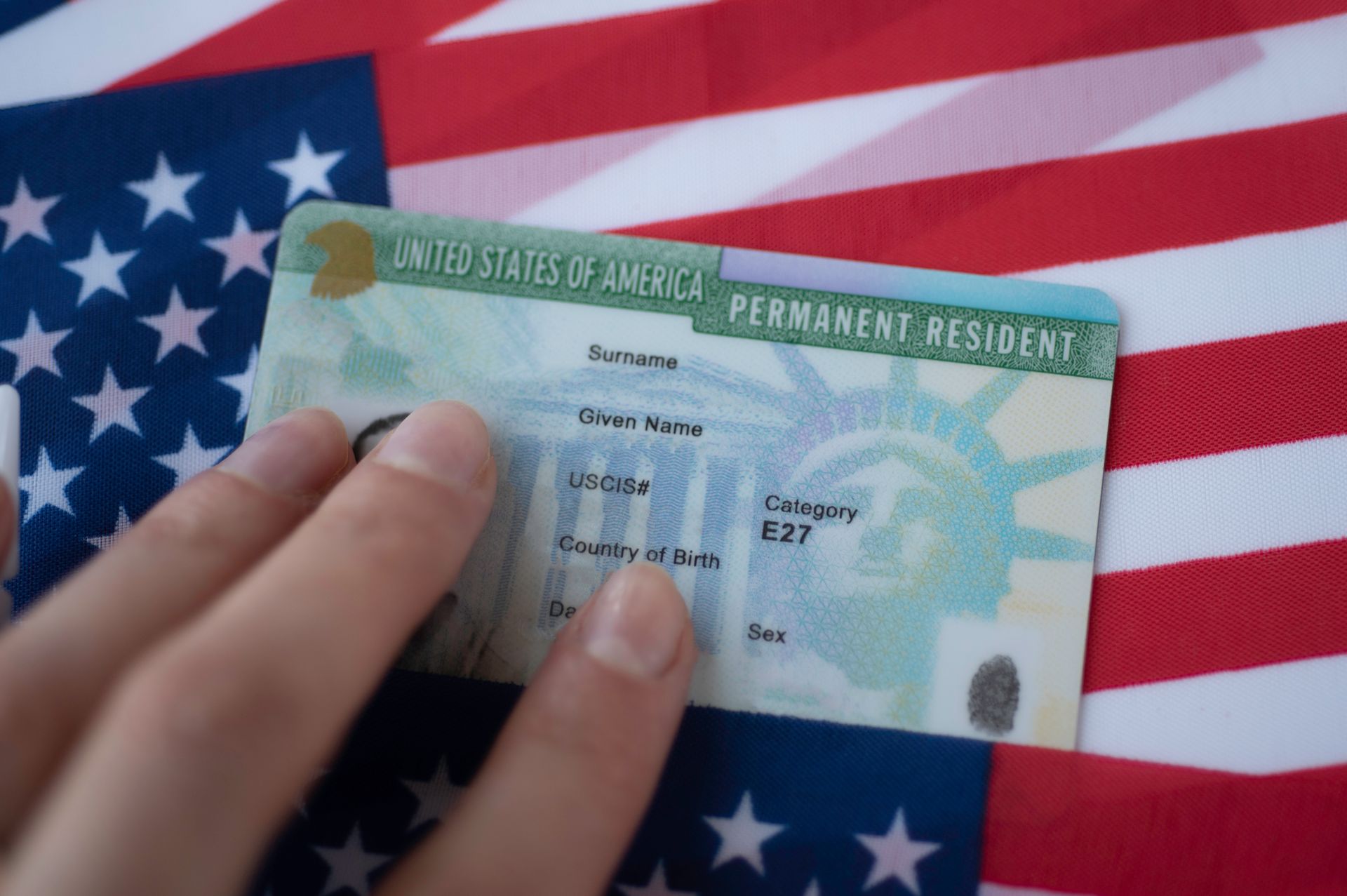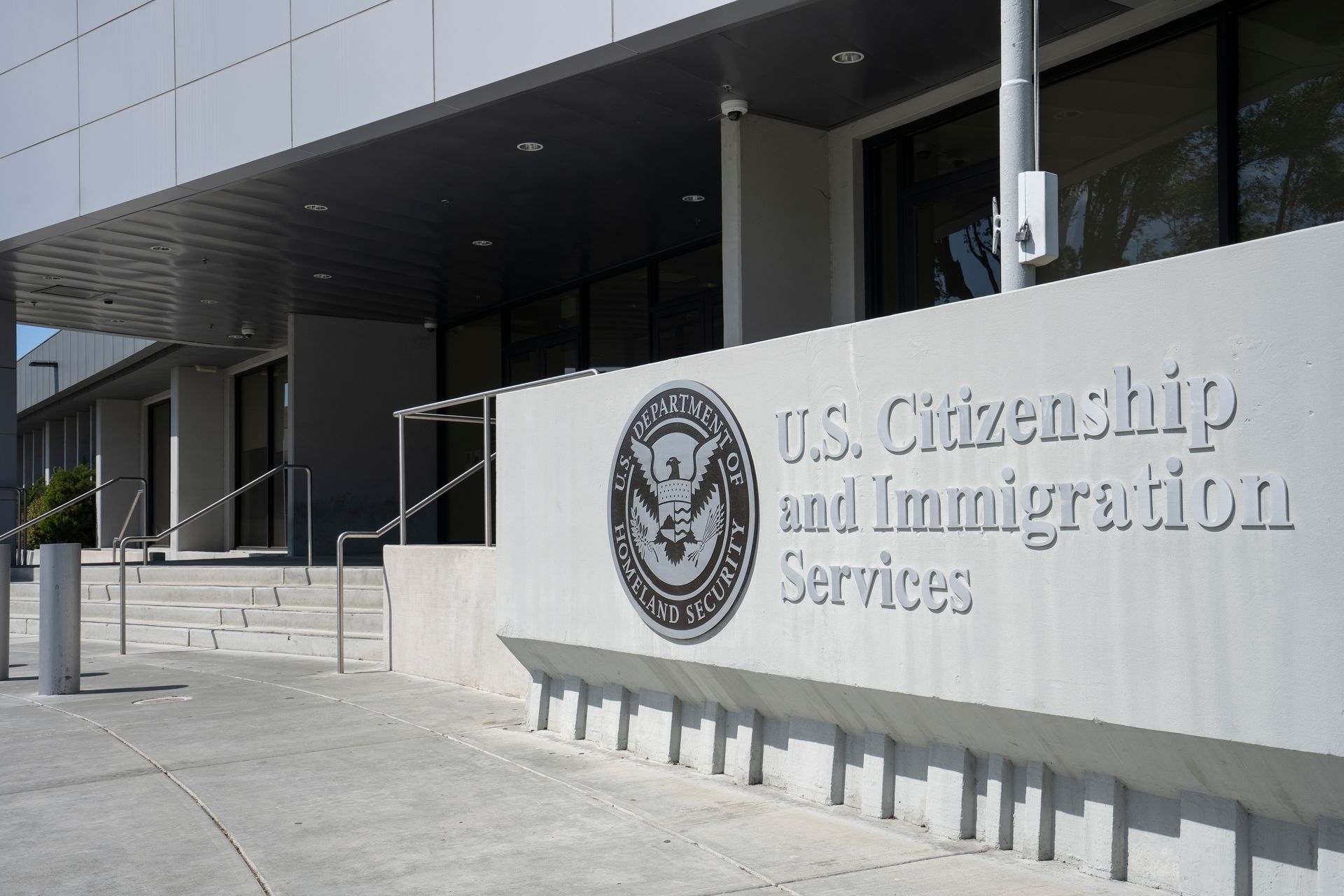February 27, 2026
Choosing the Best Divorce Lawyers in Georgia is not about flashy advertising or bold promises. It is based on experience, understanding, and track record in Georgia family courts. Divorce impacts property, parental rights and sustainable financial stability. Strategy and accuracy defend those interests with the right attorney. This is a blog that discusses what makes a real top divorce professional, considering the need to evaluate legal representation and why local knowledge in Georgia courts does make a difference that can be measured. Understanding the Georgia Divorce Landscape The Georgia divorce law entails the equitable sharing of property, the standard of custody based on the best interest of the child, alimony, and standard waiting periods. Each of the courts in Fulton, DeKalb, Gwinnett and Cobb counties adheres to the state law, but could have different procedural expectations. A qualified divorce lawyer Atlanta Georgia clients rely on understands: Local judicial preferences and filing procedures Mediation requirements before trial Child custody evaluation standards This knowledge reduces delays and helps build stronger case strategies. What Defines a Top Divorce Attorney? Not every lawyer with a family law license qualifies as a leading professional. The difference is seen in preparation, communication, and courtroom performance. Focused Experience in Family Law An honest Professional Divorce Attorney USA clientele bases a large part of his/her practice on divorce and family law. Professional divorce lawyers deal with contested and uncontested divorces and make sure that the clients are guided accordingly, irrespective of the complexity of the case. They handle high-asset property division, such as real estate, investment, and retirement accounts, and they deal with business valuation issues where there are ownership interests. They also keep up to date with the changes in Georgia statutes as well as the pertinent rulings of the appellate courts. Strategic Case Planning The best attorneys prepare early. They collect financial records, evaluate custody risks, and anticipate opposing arguments. An effective strategy includes: Clear settlement positioning before mediation Trial readiness if negotiation fails Asset tracing for complex property cases Preparation often determines whether a case settles efficiently or escalates. Strong Communication Standards Clear communication protects clients from costly misunderstandings. Top lawyers provide: Direct case updates Transparent fee structures Realistic outcome assessments They avoid exaggerated promises and focus on lawful, practical solutions. Key Qualities to Look For When evaluating the Best Divorce Lawyers in Georgia, consider measurable factors instead of marketing language. Courtroom Confidence An attorney must be comfortable presenting arguments before Georgia judges. Trial experience often strengthens settlement leverage. Negotiation Skills The majority of divorces are mediated. Competent negotiators guard parenting time, money and future stability without the needless litigation. Financial Literacy Property division can involve retirement accounts, investment portfolios, and business interests. A competent Professional Divorce Attorney USA professionals respect understands financial documentation and expert coordination. Why Local Insight in Atlanta Matters Hiring a divorce lawyer Atlanta georgia residents depend on offers distinct advantages: Familiarity with local court clerks and filing systems Knowledge of county-specific timelines Understanding of regional mediation culture Georgia divorce outcomes often depend on procedural precision. Local insight improves efficiency and reduces procedural errors. Red Flags to Avoid Not all legal representation meets professional standards. The warning signs are vague fee agreement, lack of courtroom experience, sluggish or inadequate communication. These problems may have adverse effects on the cases. Good legal advocacy entails regular interaction, proper billing, updating, and organizing the cases in order to address all the processes involved in the divorce procedure in a competent way. Conclusion Divorce professionals in Georgia are professionals who integrate legal experience, strategic thinking, and local court experience. They are articulate, well-planned, and ensure that they focus more on the long-term stability of clients. There are questions that you need to ask the lawyer and consider when deciding, including credentials, case planning, and courtroom experience. A lawyer is an investment in your future. Atlanta Family & Immigration Law can help you with expert advice in Georgia family law. FAQs 1. How do I identify the Best Divorce Lawyers in Georgia? Look for focused family law experience, trial readiness, transparent fees, and strong client reviews specific to Georgia courts. 2. What does a Professional Divorce Attorney USA typically handle? They manage property division, custody disputes, alimony, mediation, and courtroom litigation across state jurisdictions. 3. Why should I hire a divorce lawyer Atlanta Georgia instead of a general attorney? Local attorneys understand Atlanta court procedures, judges, and mediation standards, improving efficiency and case strength. 4. How long does a divorce take in Georgia? Uncontested cases may finalize in a few months. Contested divorces can take longer depending on custody disputes and asset complexity.




















